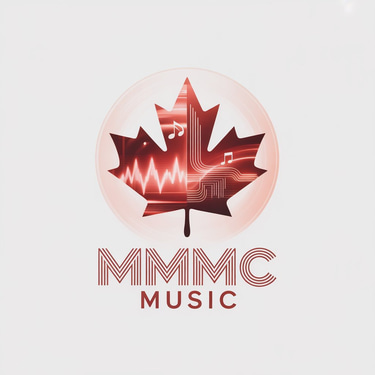The Ethical and Legal Battle Over AI-Generated Music: Copyright, Fair Use, and the Future of Creativity
A Clash Between Innovation and Ownership
12/29/20242 min read


Artificial Intelligence is reshaping the music industry, creating new sounds, automating compositions, and challenging traditional norms. But behind the curtain of innovation lies a battlefield of ethical and legal dilemmas. Who owns an AI-generated song? Is it fair to use copyrighted music to train AI without explicit permission? These are no longer theoretical questions—they are the heart of multi-million-dollar lawsuits that could shape the future of creative industries.
1. The Rise of AI-Generated Music and Its Challenges
AI platforms like Suno, Udio, and OpenAI’s Jukebox can compose original tracks, generate lyrics, and even mimic an artist's signature style. While these tools unlock groundbreaking creative potential, they also pose uncomfortable questions. Is it fair to train AI systems on copyrighted materials without permission? Artists argue that their work is being replicated without compensation, while AI developers insist that their outputs are “transformative” and fall under fair use.
Key Takeaway: The balance between innovation and intellectual property rights is still being negotiated in courtrooms and policy forums worldwide.
2. Key Legal Battles: The Stakes Are High
Recent lawsuits illustrate the scale of this legal dilemma. The RIAA’s case against AI music platforms Suno and Udio alleges that these systems have been trained on copyrighted works without proper licensing. Similarly, Anthropic was sued for using copyrighted song lyrics to train its chatbot. These cases could set critical legal precedents regarding how AI can interact with copyrighted content.
Key Takeaway: The outcomes of these cases will have lasting implications for both artists and AI developers.
3. Fair Use: The Gray Area
At the heart of these disputes is the principle of fair use. AI companies argue that training models on copyrighted material is akin to a student learning from textbooks. On the other hand, rights holders point out that AI-generated outputs often mirror copyrighted works too closely. As courts grapple with these arguments, the industry remains in legal limbo.
Key Takeaway: Fair use laws need to be adapted to account for the nuances of AI training and content creation.
4. Ethical Questions Beyond the Courtroom
Beyond legality, there are profound ethical concerns. Can AI truly replicate the emotional depth of human-made music? Should listeners be informed when a track is AI-generated? And as AI takes on a larger role, what happens to human songwriters and composers?
Key Takeaway: Ethical considerations must guide AI’s integration into the creative world to preserve the soul of music.
